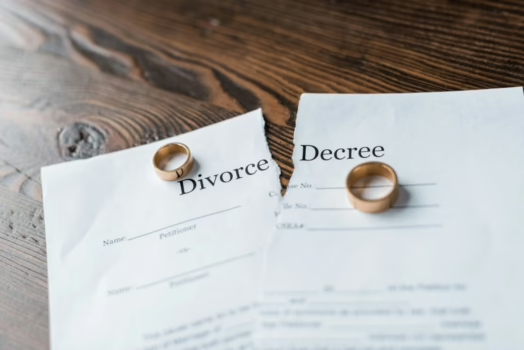Divorce proceedings can be stressful, emotional, and complex. This is particularly true when one spouse has a disability, so it is helpful to be aware of practical information about how divorce proceedings and related family matters are affected by disability. This post will explore key areas like child custody, financial settlements, and support as well as outline legal considerations and offer guidance on how to navigate the complexities of divorce in this context. Keep reading to find out more.
Understanding the Impact of Disability on Divorce Proceedings
A disability can influence the divorce process in terms of the division of assets, spousal support, and the way the courts consider a spouse’s ability to earn and contribute to finances. The court will consider how the disability affects the custody and visitation rights and the ability of the disabled spouse to care for the child, so there is a lot for the courts to consider in these situations, and every case is different.
Legal Support for Divorces Involving Disabilities
Divorce cases involving a spouse with a disability can be complex, which is why it is smart to consult with legal professionals who are familiar with the nuances of disability-related legal issues. It is important to research divorce and separation lawyers who have expertise in this area and will be able to advise and protect your rights and interests to seek the best outcome.
Financial Considerations in a Divorce When One Spouse Has a Disability
Many important financial considerations are factored in when one spouse has a disability. Financial settlements consider ongoing medical care, long-term care, and potential future costs that might arise. Other factors that are considered include pensions, benefits, and disability-related financial support.
Child Custody & Parenting Agreements
A disability can also influence decisions about child custody, visitation, and parenting arrangements. As you would expect, the court will always focus on ensuring that the child’s best interests are met. Both parents’ abilities to care for the child will be assessed, which means that a disability can be a major factor in these decisions.
A divorce will never be easy, and there will always be emotions and complications in every case, but cases where one spouse has a disability can be incredibly complex and hard for all parties to navigate. Many important decisions must be made in these situations, so experienced divorce and separation lawyers must be enlisted to ensure that your rights are being protected and best interests are kept in mind when reaching an outcome.
Follow me down the rabbit hole!
I'm Alice and I live with a dizzying assortment of invisible disabilities, including ADHD and fibromyalgia. I write to raise awareness and end the stigma surrounding mental and chronic illnesses of all kinds.








